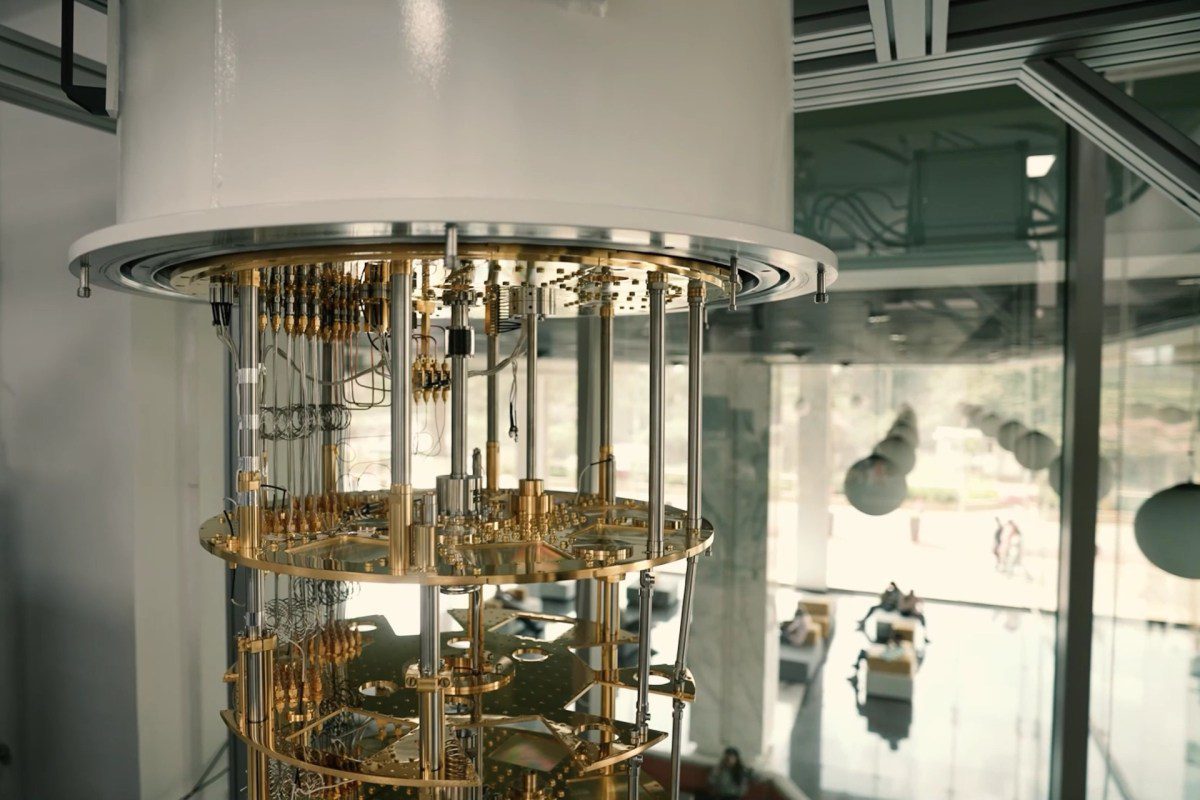QpiAI: The Next Big Thing in Quantum Computing
Let’s face it, folks: quantum computing is turning heads and shaking up the tech world. Indian startup QpiAI is stepping into the spotlight with a $32 million funding round, co-led by the Indian government. What’s their goal? To create game-changing utility-scale quantum computers that could redefine industries globally. Intrigued? You should be!
The Power of Government Backing
In 2023, the Indian government launched its $750 million National Quantum Mission to propel India into the quantum computing arena. With this fresh cash infusion, QpiAI aims to be one of the pioneers in building intermediate-scale quantum computers with 50 to 1,000 physical qubits. It’s not just a tech race; this initiative is a response to emerging economic opportunities and serious national security concerns.
Just think about it: this isn’t just about fancy lab work; it’s about developing technology that could impact everything, from how we manufacture goods to how we communicate securely. QpiAI isn’t flying solo; they’re one of eight startups backed by government grants to foster innovation in quantum tech.
A Local Vision with Global Ambitions
Here’s the deal: QpiAI, founded in 2019, has already made some impressive strides. They rolled out India’s very first full-stack quantum computer, QpiAI-Indus, featuring 25 superconducting qubits. This isn’t just tech for tech’s sake—it’s got real-world applications in fields like manufacturing, finance, and even drug discovery. Imagine simulating drug interactions or discovering new materials faster than ever before!
CEO Nagendra Nagaraja believes the combination of AI and quantum computing can make processes robust. “Quantum can really make sure AI is robust,” he says, and it’s hard to argue with that. Their ambitious plans include a 64-qubit quantum computer built for specific industry needs by November, with a 100-logical qubit system in the works for 2030!
Building a High-Performance Team
Now, if QpiAI is going to change the game, they need an all-star team, right? Their 100-person crew boasts 25 PhDs—some from top-tier global institutions. Plus, they’ve got hands-on experience assembling 80% of their machines locally. This isn’t just another startup; it’s a collaborative powerhouse ready to tackle some of the toughest problems.
And here’s a fun fact: QpiAI’s already profitable at the EBITDA level, with gross margins hovering around 60%. This kind of financial stability in a startup is rare and speaks volumes about their business model and vision. They’ve even got customers—around 20 of them—across various sectors in India and the U.S., including the Indian government itself!
Future Plans and Market Expansion
What’s next on QpiAI’s horizon? With freshly secured funding, they plan to expand into markets like Singapore and the Middle East. Manufacturing their quantum hardware locally by 2026 is also on the docket. It’s all about scaling operations to stay ahead of the game—critical if you’re in a rapidly evolving field like quantum tech.
But wait, there’s more! Nagaraja hinted at a potential IPO in the next few years. That’s exciting, isn’t it? Companies that marry innovative technology and smart business strategy usually attract investor interest.
A Supporting Ecosystem
The National Quantum Mission isn’t just about QpiAI; it backs a whole array of startups like QNu Labs and Dimira Technologies, each working on unique aspects of quantum technology. As Ajai Chowdhry, chairman of the National Quantum Mission, put it: “We plan to continue to support home-grown product companies like QpiAI….” The future looks promising for the whole ecosystem!
So, what’s your take? Can Indian startups make quantum computing mainstream? If you’re curious about more insights like this, stay tuned! For a deeper dive into the evolving landscape of quantum technologies, check out the National Quantum Mission.
Keywords: Quantum computing, QpiAI, National Quantum Mission, AI integration, tech startups
Want to keep updated on the latest in tech innovation? Subscribe to our newsletter!
